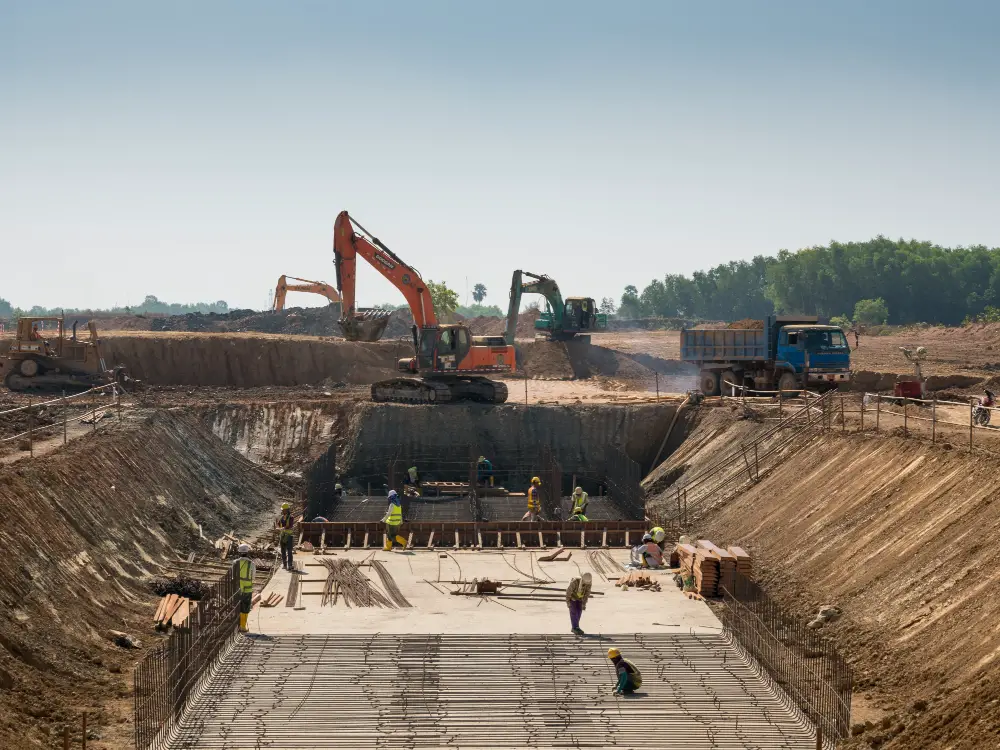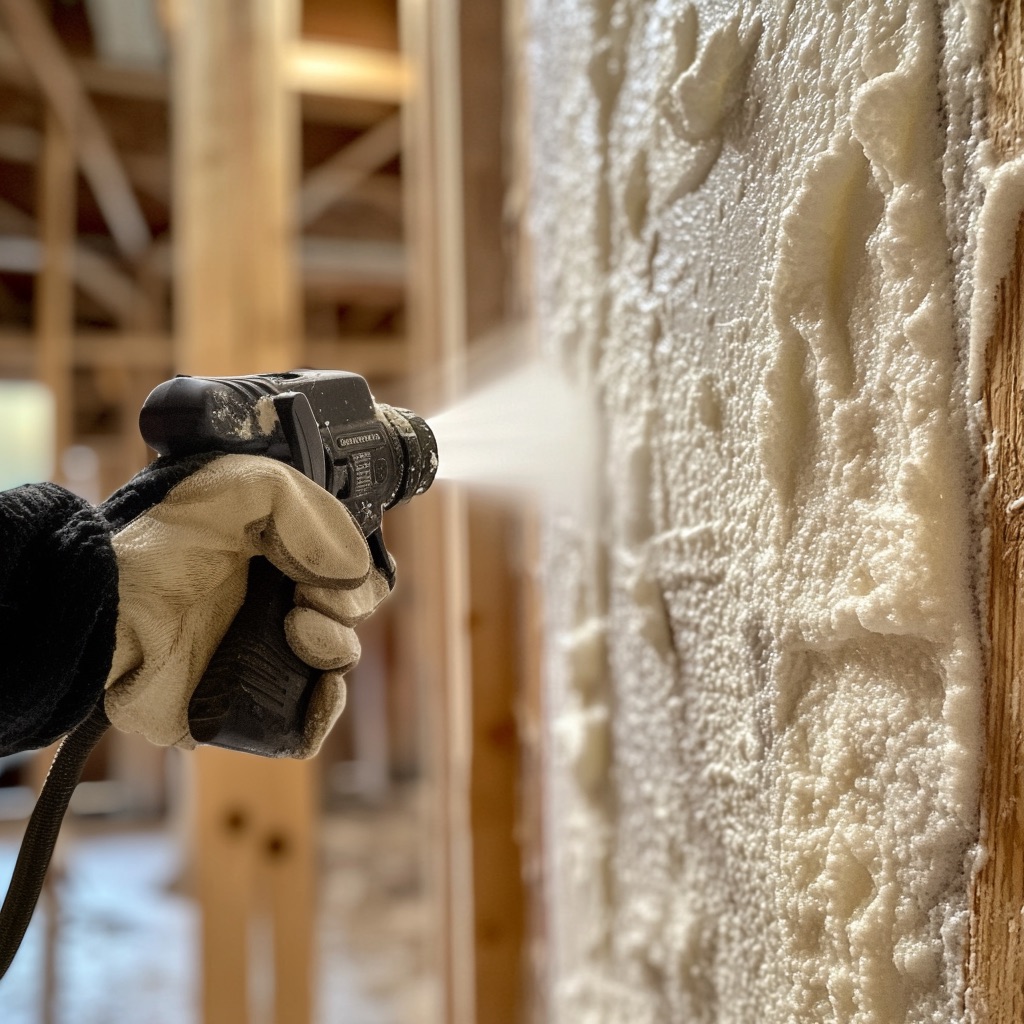In construction, success is measured by meeting deadlines and staying within budget and by the durability, safety, and longevity of the structures built. Achieving these standards requires the use of high-quality construction products.
From building materials to machinery and tools, the quality of products used in construction projects is crucial in ensuring project success. This article outlines the importance of quality construction products, their impact on project outcomes, and how stakeholders can ensure they use the best materials and equipment for their projects.
The Foundation of Quality Construction

Quality construction products serve as the foundation upon which successful projects are built. Whether it’s concrete for foundations, steel for structural framing, clear shims for precise alignment, waterproofing membranes for moisture protection, or roofing materials for protection against the elements, the quality of these products directly influences the integrity and durability of the final structure.
Inferior materials can compromise the safety and stability of buildings, leading to costly repairs, delays, and potential safety hazards down the line. Using high-quality construction products ensures not only the structural integrity of the building but also minimizes maintenance costs and maximizes the lifespan of the structure, resulting in long-term benefits for both builders and owners alike.
- Ensuring Durability and Longevity
A primary benefit of using quality construction products is the assurance of durability and longevity. High-quality materials are designed and manufactured to withstand the rigors of construction and the challenges of the environment over time.
For example, using premium-grade steel in structural components ensures the strength and stability of buildings, even in adverse conditions such as earthquakes or high winds. Similarly, utilizing durable roofing materials protects against water damage and mold growth, as well as other issues that can compromise the integrity of the building envelope.
Investing in quality construction products upfront ensures the structural resilience of buildings. It contributes to sustainable construction practices by reducing the need for frequent repairs, ultimately lowering the environmental impact of construction projects.
- Safety and Compliance
Safety is paramount in the construction industry, and the quality of construction products directly impacts the safety of workers and occupants. Inferior materials or substandard equipment can pose significant safety risks, leading to accidents, injuries, and even fatalities on construction sites.
Using quality products that meet industry standards and regulatory requirements is essential for ensuring compliance with safety regulations and mitigating risks associated with construction projects.
By prioritizing safety and compliance through quality construction products, construction professionals can create a safer working environment for workers and ensure the longevity and success of their projects while meeting legal and regulatory obligations.
- Efficiency and Productivity
Quality construction products enhance safety and durability and contribute to increased efficiency as well as productivity on construction sites. Reliable machinery, tools, and equipment reduce downtime due to breakdowns and repairs, allowing projects to proceed smoothly and according to schedule.
Additionally, high-quality materials are easier to work with, requiring less time and effort for installation, resulting in faster construction times and improved project timelines. By investing in quality construction products, construction teams can streamline workflows, minimize disruptions, and deliver projects more efficiently, meeting deadlines and exceeding client expectations.
- Reputation and Client Satisfaction
Quality construction products reflect professionalism, craftsmanship, and attention to detail, which can significantly impact a company’s reputation and client satisfaction. Delivering projects that meet or exceed expectations in terms of quality, durability, and safety enhances trust and credibility with clients and stakeholders.
Satisfied clients are more likely to recommend your services and provide repeat business, ultimately contributing to your construction company’s long-term success and growth.
Factors to Consider When Selecting Construction Products

When selecting construction products for a project, several factors should be considered to ensure quality and suitability. These include:
- Quality Assurance: Choose products from reputable manufacturers with a track record of producing high-quality materials that meet industry standards and specifications.
- Performance: Evaluate the performance characteristics of construction products, such as strength, durability, weather, and fire resistance, to ensure they meet the project’s requirements.
- Cost-effectiveness: While quality should be a priority, consider the overall cost-effectiveness of construction products, considering factors such as longevity, maintenance requirements, and lifecycle costs.
- Sustainability: Consider the environmental impact of construction products and opt for sustainable materials that minimize resource consumption, reduce waste, and promote energy efficiency.
- Compatibility: Ensure that construction products are compatible with other components and systems used in the project to avoid compatibility issues and ensure seamless integration.
Collaboration and Communication
Effective collaboration and communication among project stakeholders are essential for ensuring the use of quality construction products. Architects, engineers, contractors, suppliers, and clients must work together to specify, source, and procure the right materials and equipment for the project.
Clear communication of project requirements, specifications, and expectations helps ensure everyone is aligned on quality standards and objectives.
Quality Control and Quality Assurance
Implementing robust quality control and quality assurance processes is essential for verifying the quality and performance of construction products throughout the project lifecycle. This includes conducting inspections, tests, and audits to ensure compliance with specifications and standards.
Regular monitoring and documentation of quality metrics help identify potential issues early and take corrective actions to prevent defects and deficiencies.
Training and Education
Investing in training and education for construction professionals is critical for ensuring the proper selection, use, and installation of quality construction products. Training programs should cover product knowledge, installation techniques, safety protocols, and regulatory compliance to equip workers with the skills and expertise to deliver high-quality construction projects.
Quality construction products are indispensable for achieving success in construction projects. From ensuring durability and safety to enhancing efficiency and productivity, the use of high-quality materials and equipment is essential for delivering projects that meet or exceed client expectations.
By prioritizing quality, collaborating effectively, implementing robust quality control processes, and investing in training and education, construction stakeholders can ensure that their projects are built to last and contribute to the long-term success of their businesses.
Quality materials are the cornerstone of project success in the construction industry. By prioritizing quality, adhering to industry standards, and collaborating effectively, stakeholders can ensure the delivery of safe, durable, efficient projects and meet or exceed client expectations.
From foundations to finishes, every component of a construction project plays a crucial role in shaping its outcome, making the use of quality construction products essential for achieving success in the built environment.
Recap




